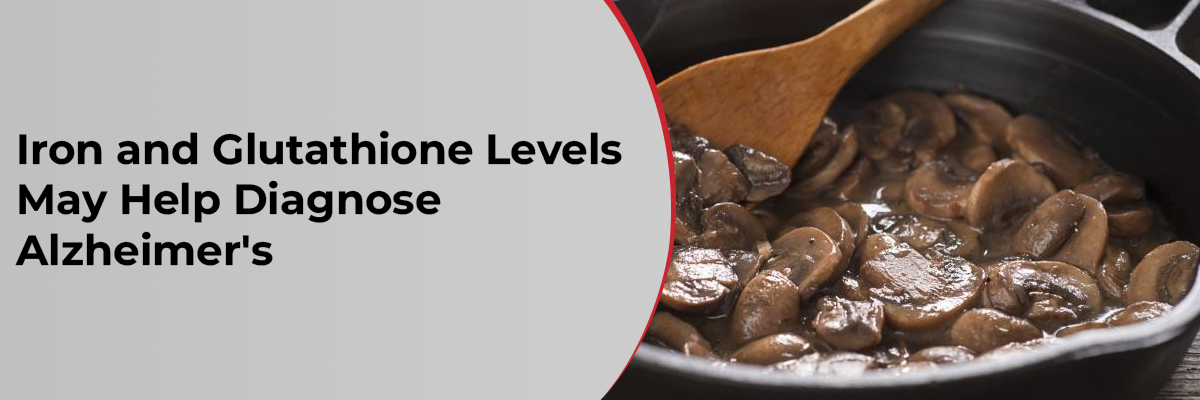
 IJCP Editorial Team
IJCP Editorial Team
Iron and Glutathione Levels May Help Diagnose Alzheimer's
In a promising development, Dr. Pravat Mandal, senior scientist and former director-in-charge of the National Brain Research Centre, has explored a new avenue in understanding Alzheimer's disease. By studying iron deposition and the antioxidant glutathione in the hippocampus, a critical region of the brain, Dr. Mandal's team has identified important factors related to the disease. This breakthrough raises the possibility of an early diagnostic marker.
The team's preliminary study examined iron and glutathione levels in the brains and blood of healthy individuals, while data on these levels in individuals with early-stage Alzheimer's already exist in the literature. The findings indicate that in healthy individuals, regardless of age, blood levels of glutathione and iron remain relatively stable. Although iron levels show a slight increase after the age of 50, it is not significant. However, in Alzheimer's patients, both iron and glutathione levels decrease significantly.
After discovering this, the next objective of the team is to test the accuracy of the tests on a variety of patients and create a protocol for a diagnostic marker that is highly sensitive and specific. To accomplish this, they will conduct a pilot study at Medanta Hospital to confirm the findings and gain wider recognition.
The theory underlying Dr. Mandal's research suggests that iron deposition in the hippocampus, coupled with a reduction in glutathione levels in the same area, plays a crucial role in Alzheimer's disease. Glutathione serves as a master antioxidant, neutralizing excess iron-generated free radicals in the brain. However, when iron levels increase, and glutathione levels decrease, dysfunction occurs.
The researchers hypothesize that during the early stages of the disease, characterized by mild cognitive impairment, taking glutathione supplements and simultaneously using an iron chelator to reduce iron levels may prevent progression. This approach could potentially keep patients in the transitional phase for an extended period, averting the onset of Alzheimer's. To explore this hypothesis, the team has registered an additional trial. If successful, this discovery could be a groundbreaking step towards improving the lives of several patients marching towards developing Alzheimer.

IJCP Editorial Team
Comprising seasoned professionals and experts from the medical field, the IJCP editorial team is dedicated to delivering timely and accurate content and thriving to provide attention-grabbing information for the readers. What sets them apart are their diverse expertise, spanning academia, research, and clinical practice, and their dedication to upholding the highest standards of quality and integrity. With a wealth of experience and a commitment to excellence, the IJCP editorial team strives to provide valuable perspectives, the latest trends, and in-depth analyses across various medical domains, all in a way that keeps you interested and engaged.










.jpg)








.jpg)

Please login to comment on this article